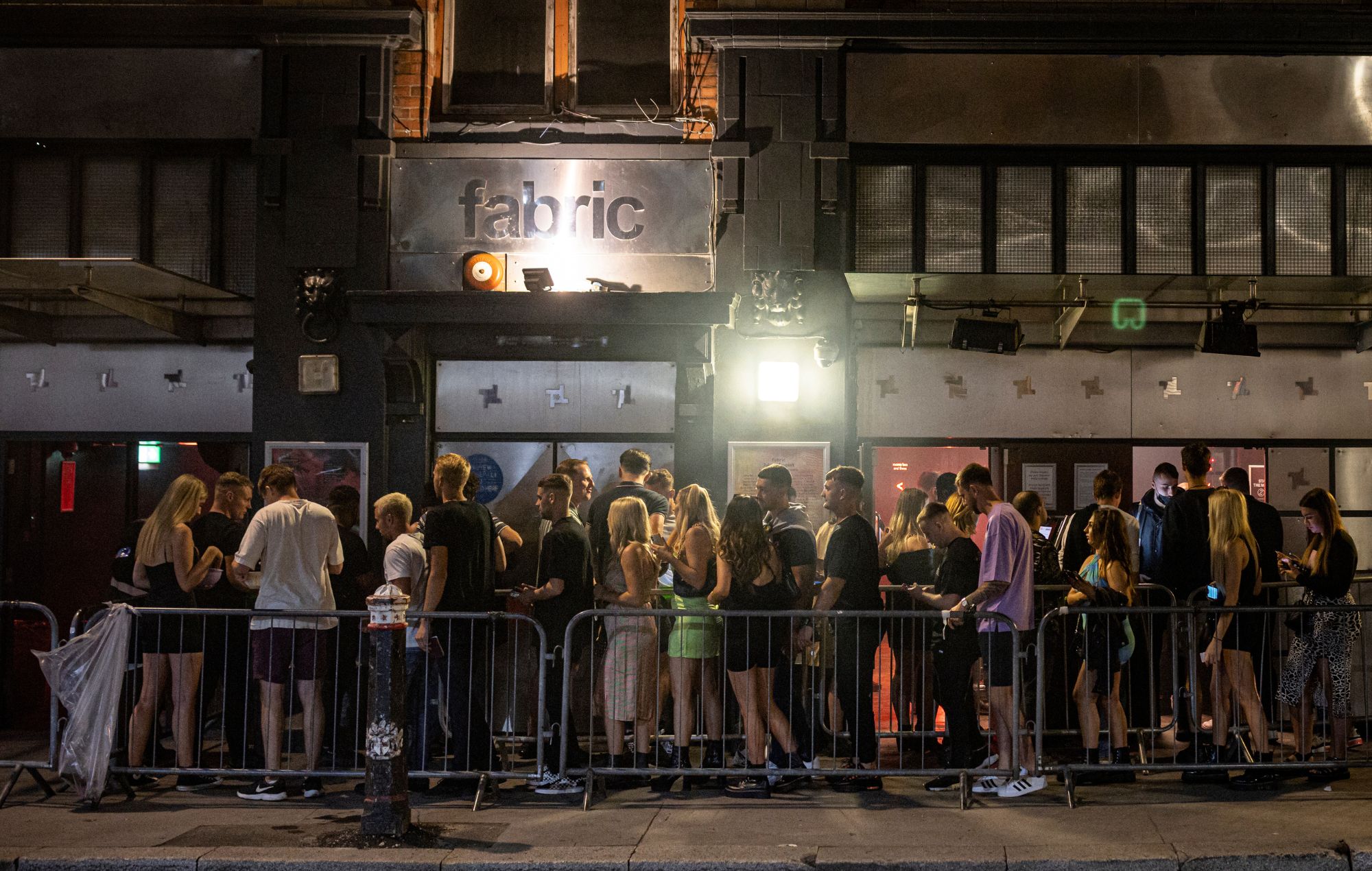New findings from the Night Time Industries Association (NTIA) have found that UK clubbing could be “extinct” by the end of the decade.
READ MORE: 2023 was “worst year for venue closures” while “no one in music industry seems to care”, say MVT
The new figures have revealed that 37 per cent of all clubs across the country have permanently shut since March 2020 – an average of three clubs a week and 150 per year. If the trend continues, all spaces in the UK will have closed their doors by December 31, 2029.
In light of the findings, NTIA has launched a new campaign with McCann London called ‘The Last Night Out’.
With it, they aim to highlight the continued plight of the night-time economy, and put pressure on the government to take more concrete action in securing the future of the nightlife sector. Ways in which this could be done include targeted financial support being granted to various spaces, and providing heritage clubs like Fabric, Ministry of Sound & SubClub culturally protected status.
“We are witnessing the systematic dismantling of the night-time economy. Our industry is not just about entertainment; it’s about identity, community, and the economy,” said Michael Kill, CEO of the Night Time Industries Association. “Losing our clubs means losing jobs, culture, and a vital part of the UK’s social fabric. Without urgent intervention, December 31, 2029, will be the last night out and the end of a clubbing era that has defined generations.”
Sacha Lord, Night Time Economy Advisor for Greater Manchester, agreed, adding: “The night-time economy has been an integral part of our cultural and economic history. It’s more than just a night out; it’s where friendships are forged, creativity flourishes, and local economies thrive. The current trajectory spells disaster not only for the businesses themselves but for the communities they serve. We cannot afford to lose these spaces—they are the lifeblood of our cities.”
Nightclub – stock photo. CREDIT: Carey Russell Photography/Getty Images
In the hopes of securing government intervention, the NTIA has put forward three critical demands from the Labour Party.
These include the continuation of support for the sector, which will consist of extending business rates relief beyond April 2025. “Temporary relief measures are no longer sufficient; the sector needs long-term strategies to stabilise and foster growth,” it outlines.
It also calls for the recognition of nightclubs & venues as cultural institutions, and outlines the importance that historic sites like Ministry Of Sound and Fabric have. “The NTIA calls for these iconic clubs and others like them to be recognised as National Portfolio Organisations (NPOs) on par with galleries and museums,” the demand reads. “These venues deserve the same considerations, protections, and funding as other cultural institutions, acknowledging their crucial role in the UK’s cultural heritage.”
The third and final demand is for policy reform and regulatory support – encouraging MPs to urgently review policies and regulations. This includes revisiting licensing laws, business rates, VAT, and planning policies to create a more supportive environment for the industry.
“The NTIA calls upon the government, local authorities, and the public to recognise the urgency of this situation,” the association shared. “The loss of these businesses is not just a commercial failure but a cultural tragedy. The time for action is now—before the lights go out on the UK’s nightlife for good.”
Visit here to find out more about the ‘Last Night Out’ campaign and for here details on how to contact local MPs about the issue.
Nightclub – stock photo. CREDIT: Ron Sanford/Getty Images
The push for government intervention comes just weeks after the NTIA shared more shocking figures about the UK club scene. Last month, they revealed that of the 480 nightclubs that were closed between June 2020 to June 2024, 67 took place between December 2023 and June 2024.
There was a 41 per cent loss in the central region – with the East being the worst hit, suffering a 39 per cent decrease in venues.
Lancashire saw a 42 per cent decline, Scotland dropped by 34 per cent, and Yorkshire was among those which suffered the most – dropping from 132 venues to 73 (45 per cent drop).
Before then, the NTIA revealed that 31 per cent of nightclubs in the UK were forced to close last year, and in August 2023, the association shared that over 100 independent nightclubs across the UK were forced to shut their doors permanently over the past 12 months.
The issue expands beyond clubs too, as back in January, findings by the Music Venue Trust (MVT) discovered a “disaster” that hit grassroots music venues as a whole across 2023.
Among the key findings into their “most challenging year”, it was reported that last year saw 125 UK venues abandon live music and that over half of them had shut entirely – including the legendary Moles in Bath. Some of the more pressing constraints were reported as soaring energy prices, landlords increasing rate amounts, supply costs, business rates, licensing issues, noise complaints and the continuing shockwaves of COVID-19.
The post UK clubbing could be “extinct” by end of decade, with 10 nightclubs closing per month appeared first on NME.




